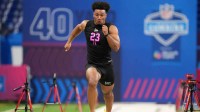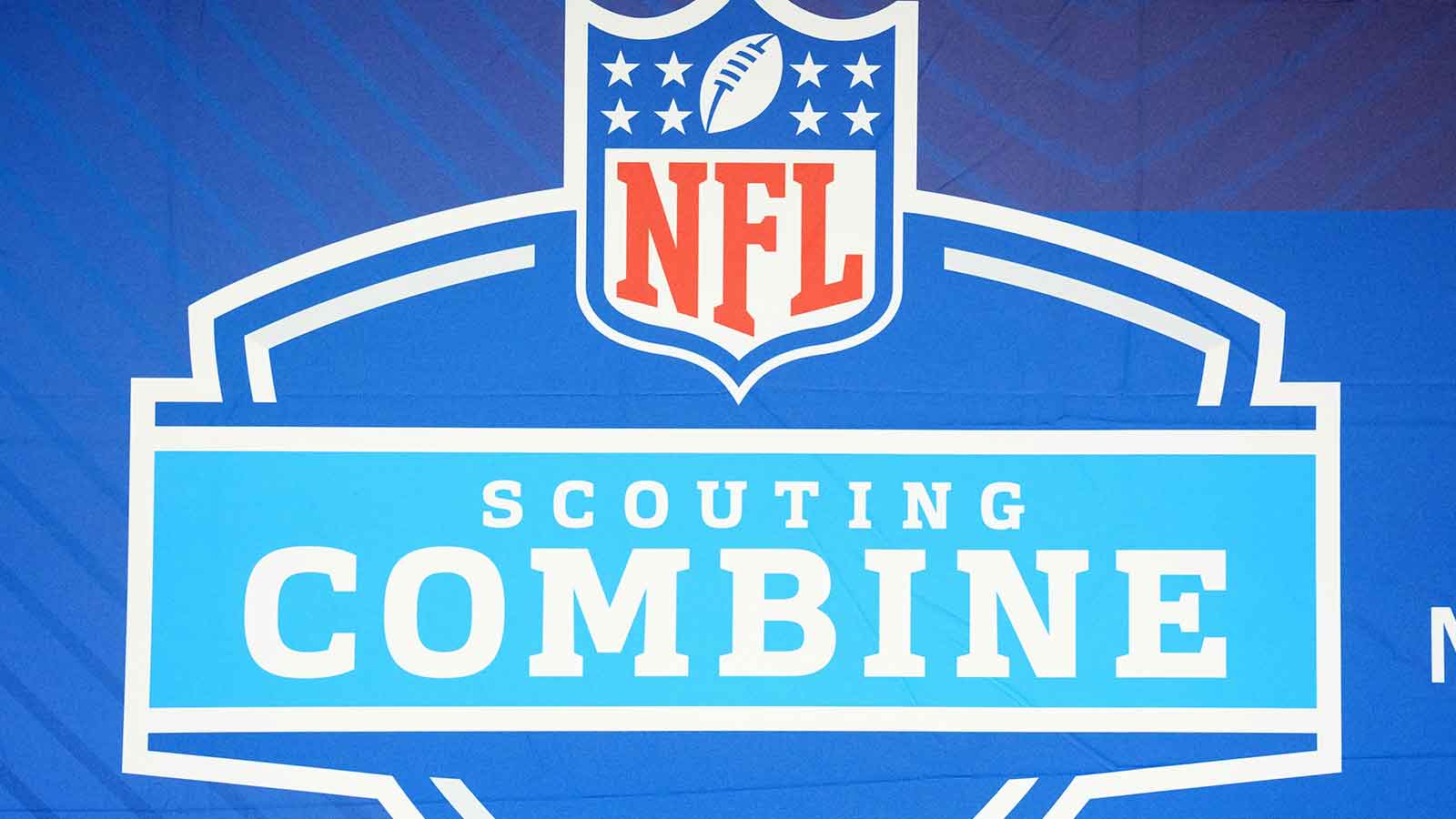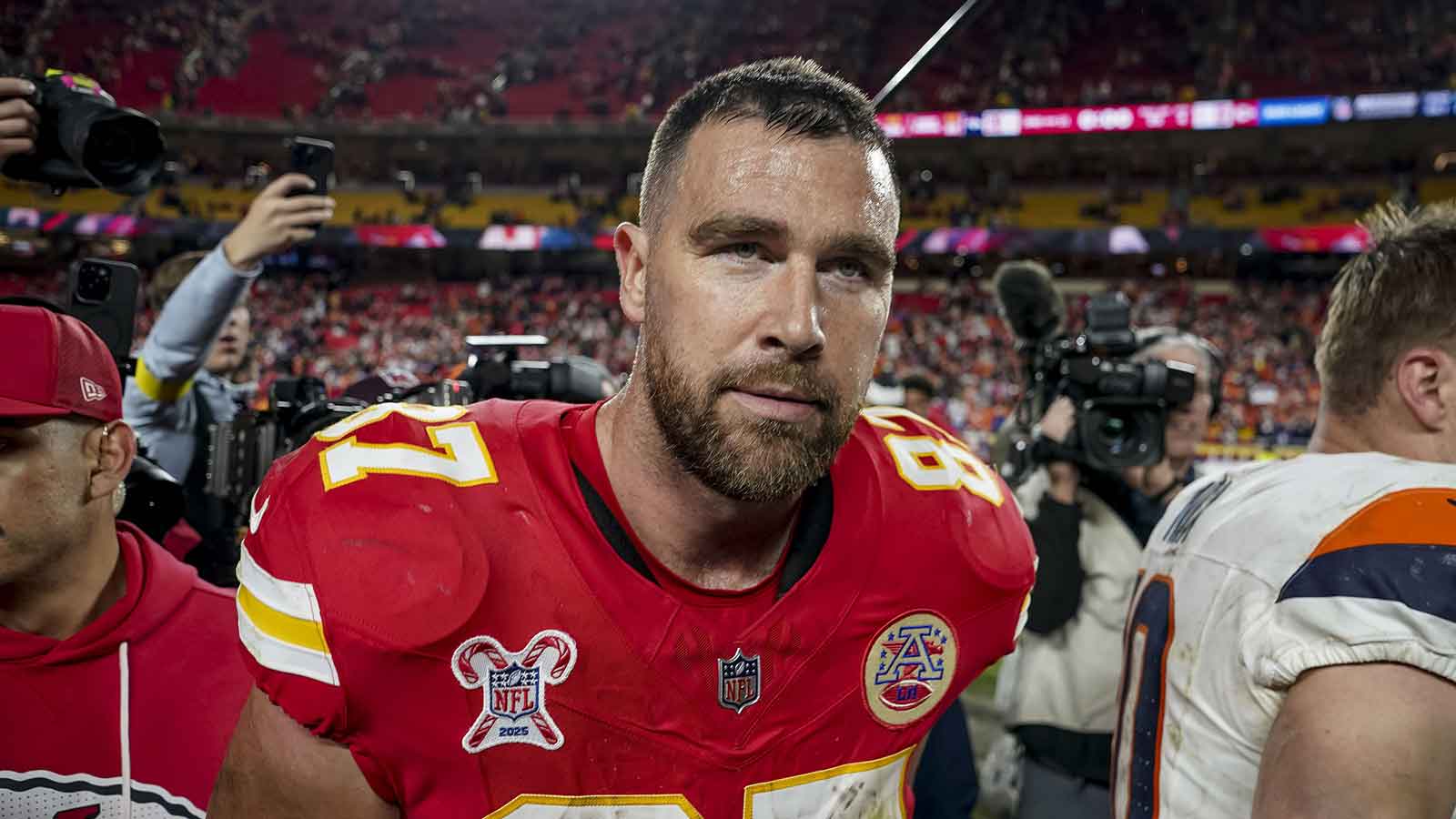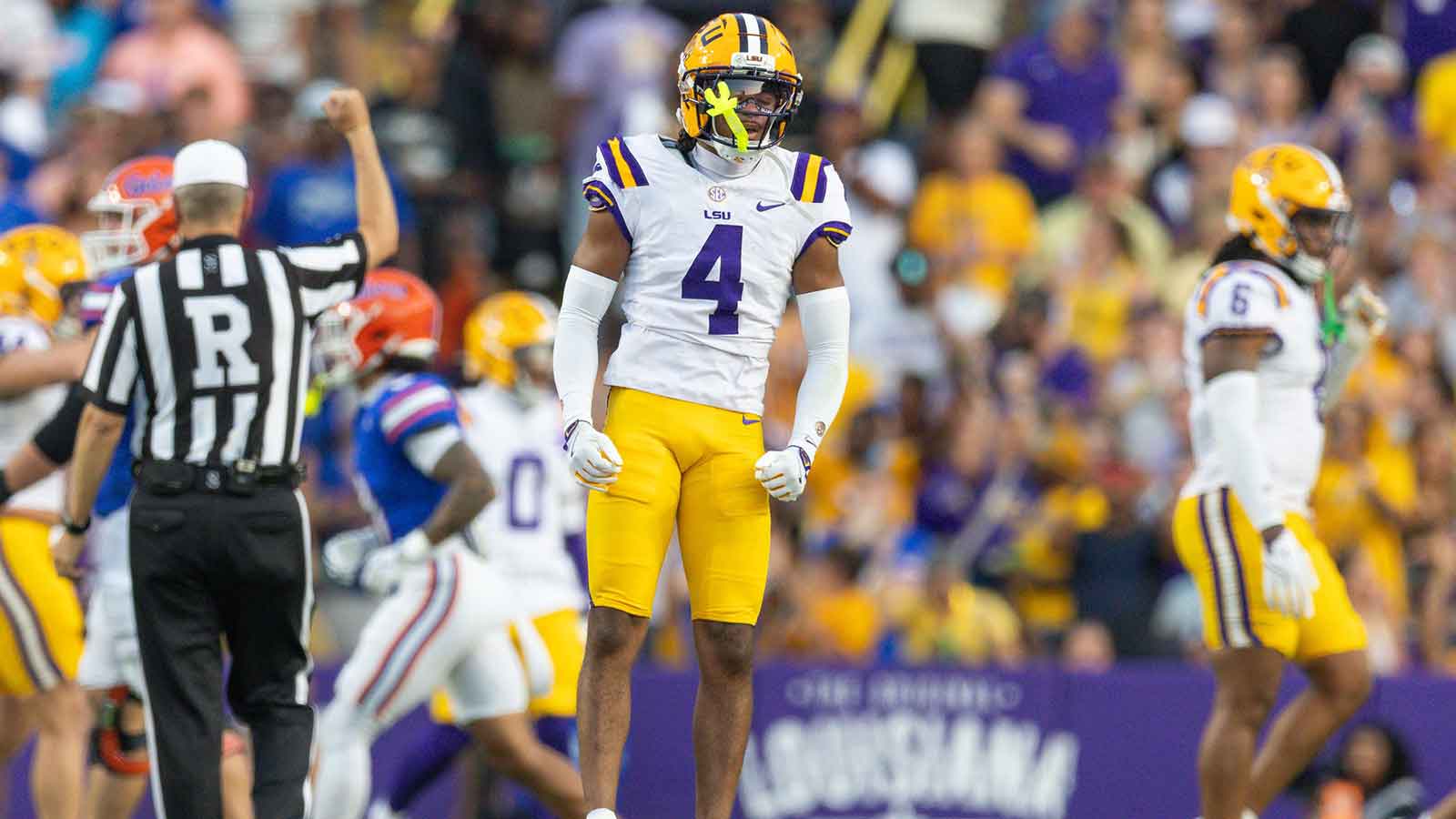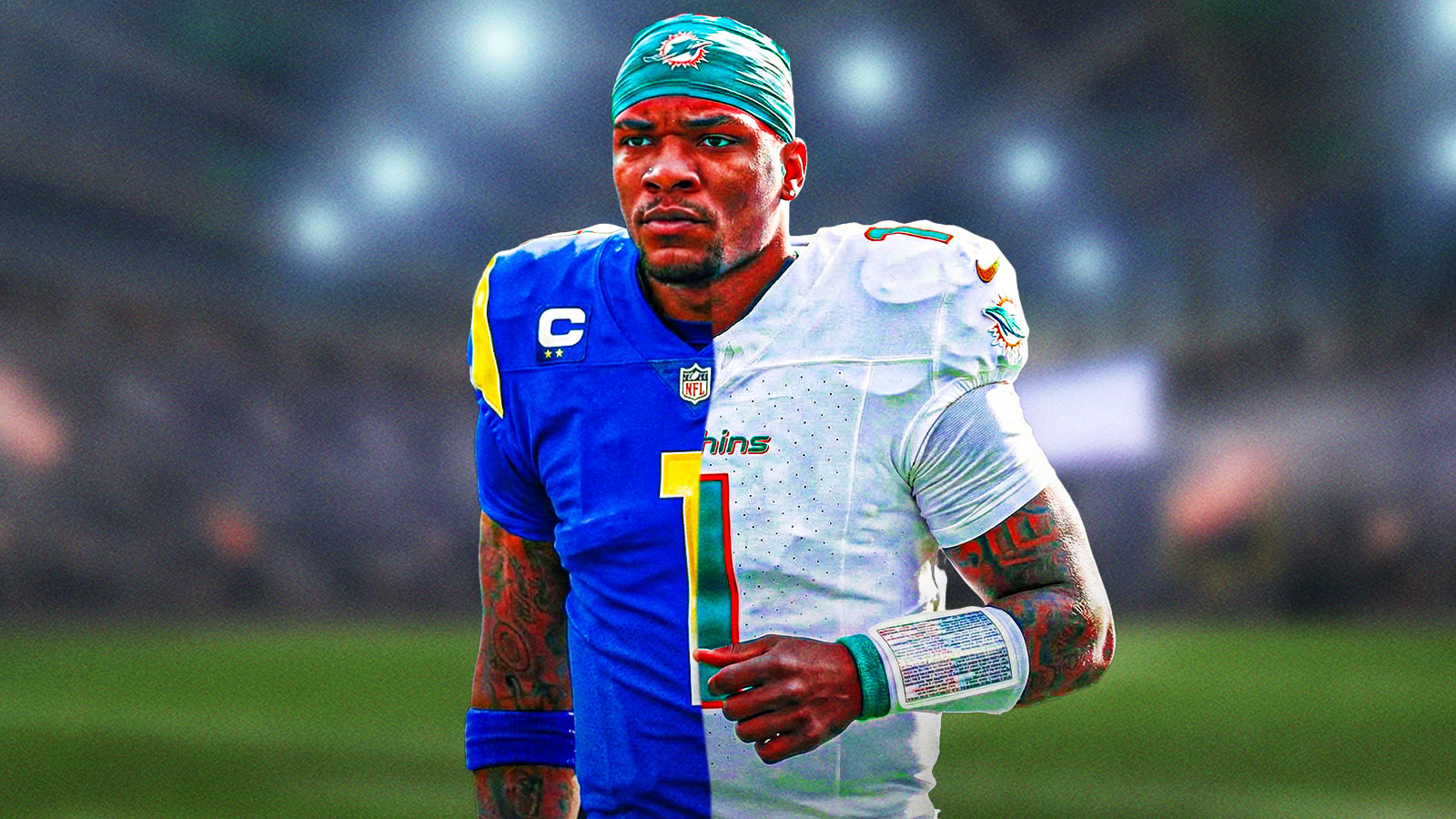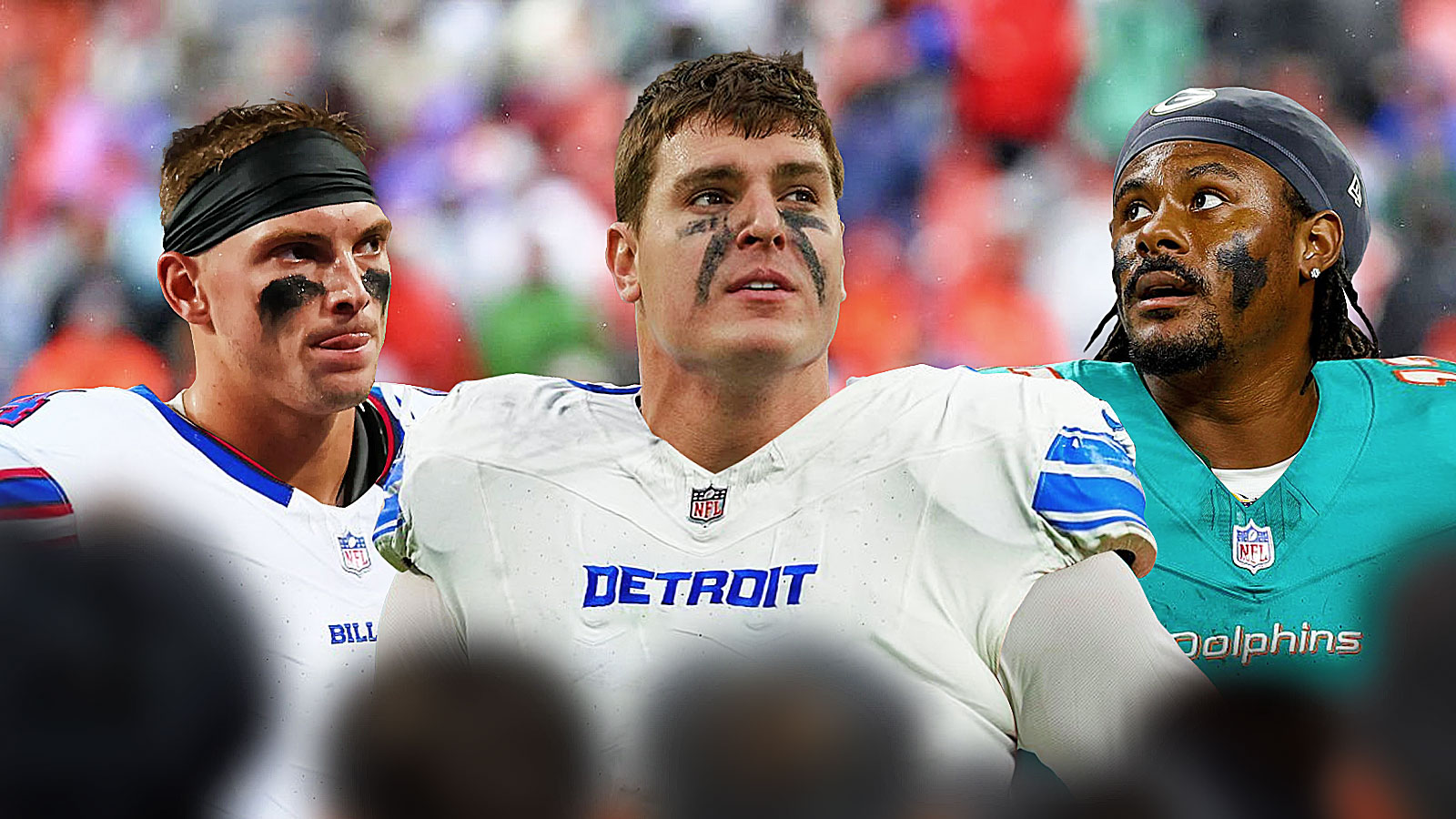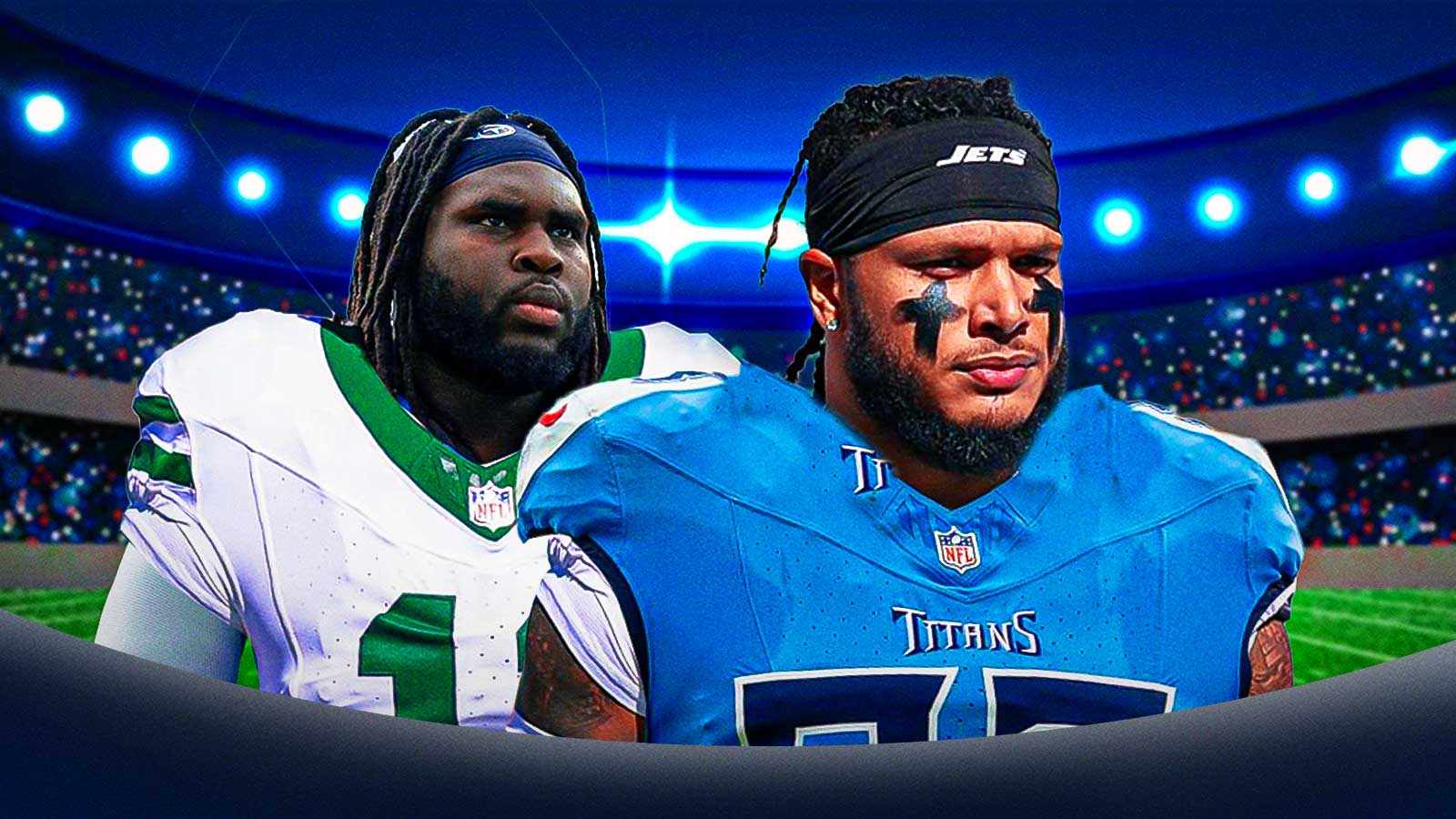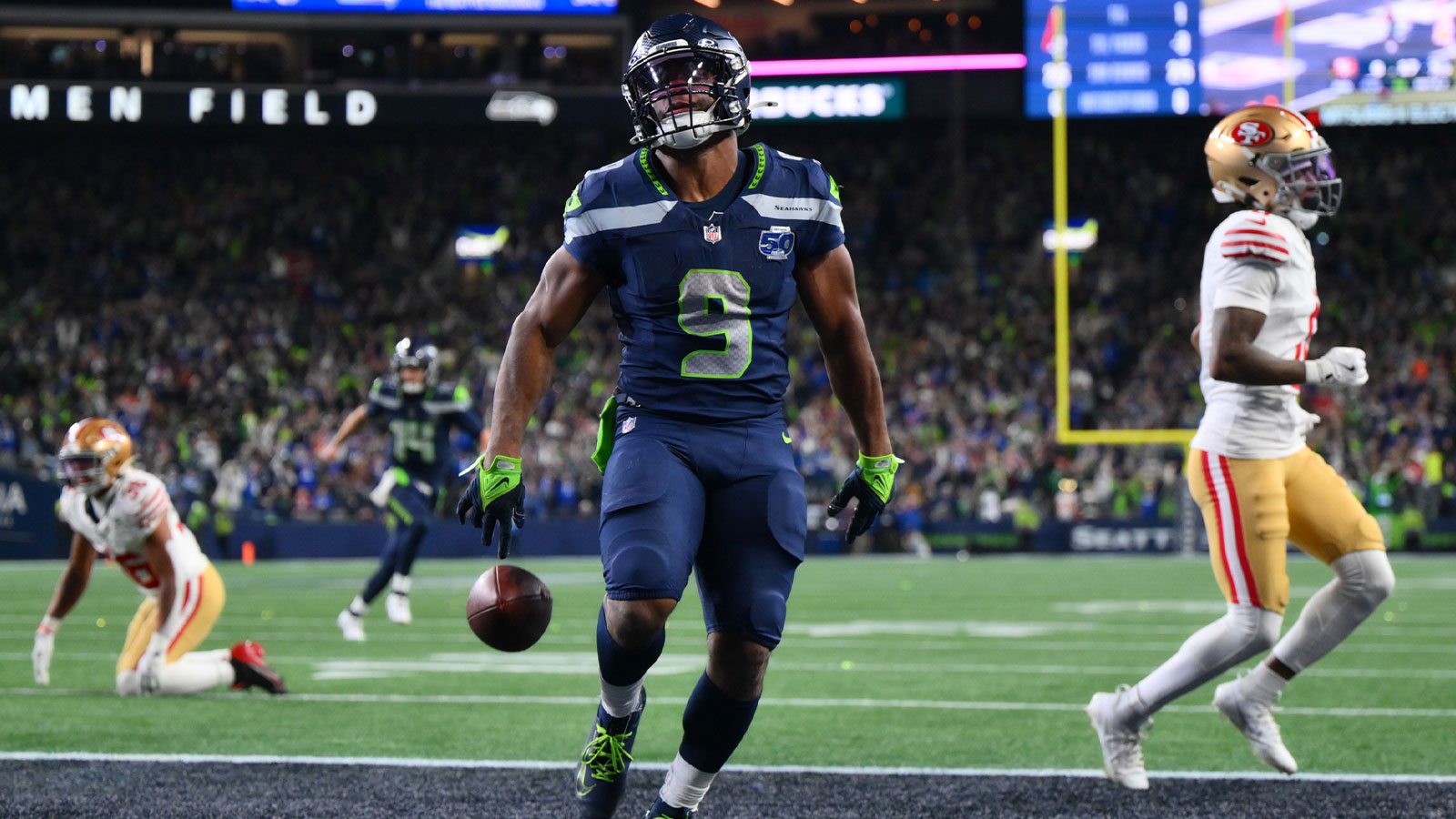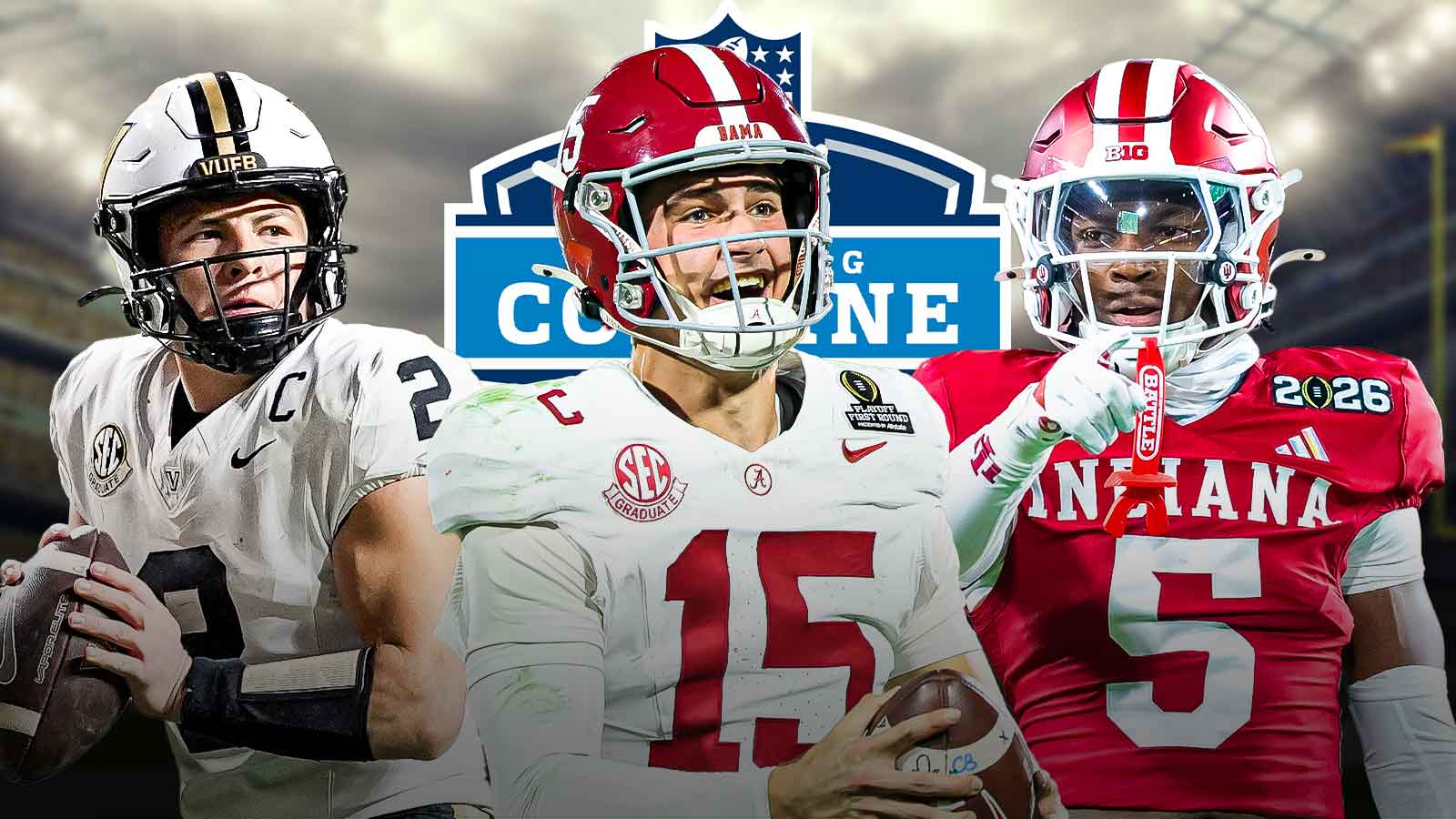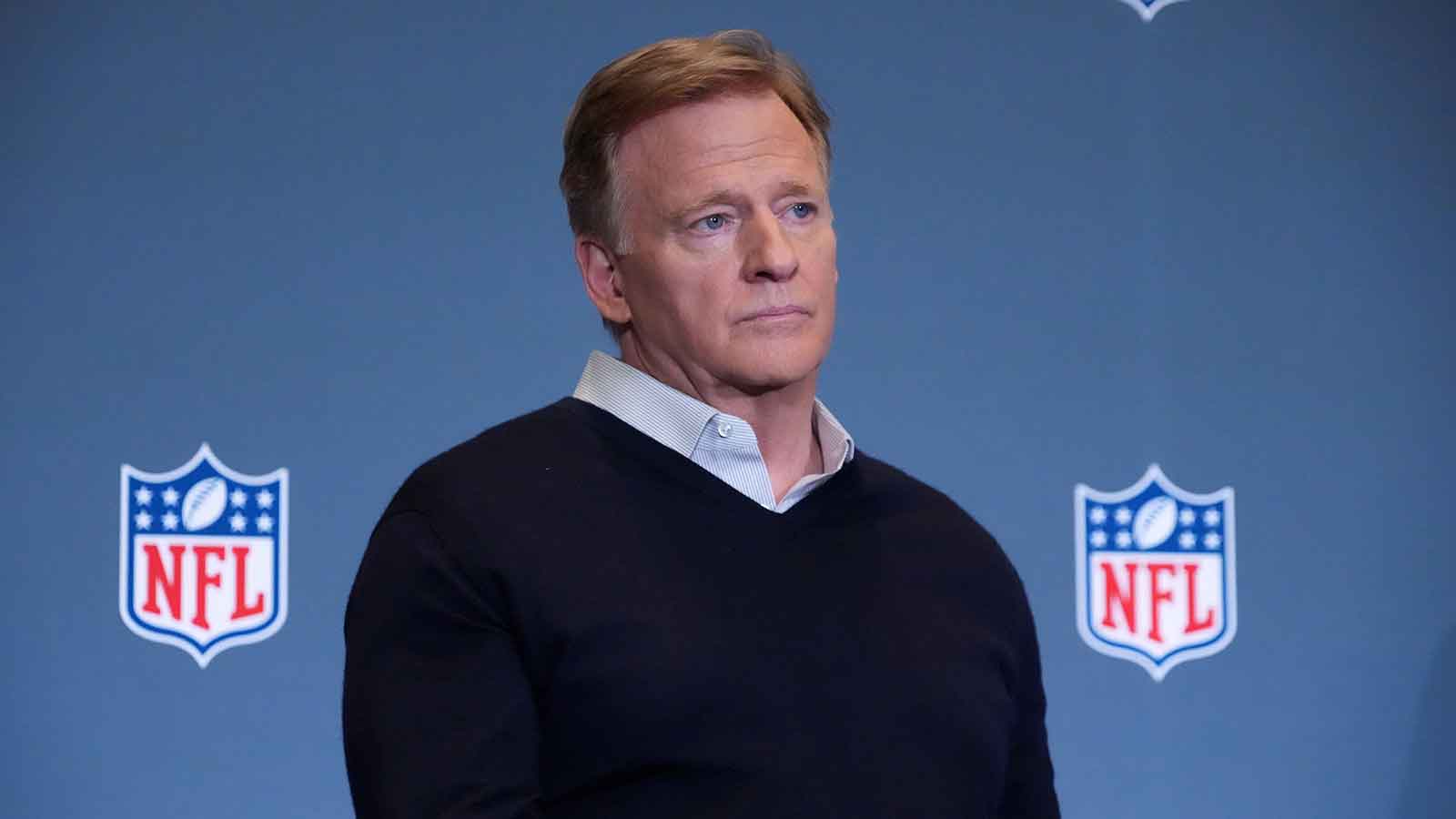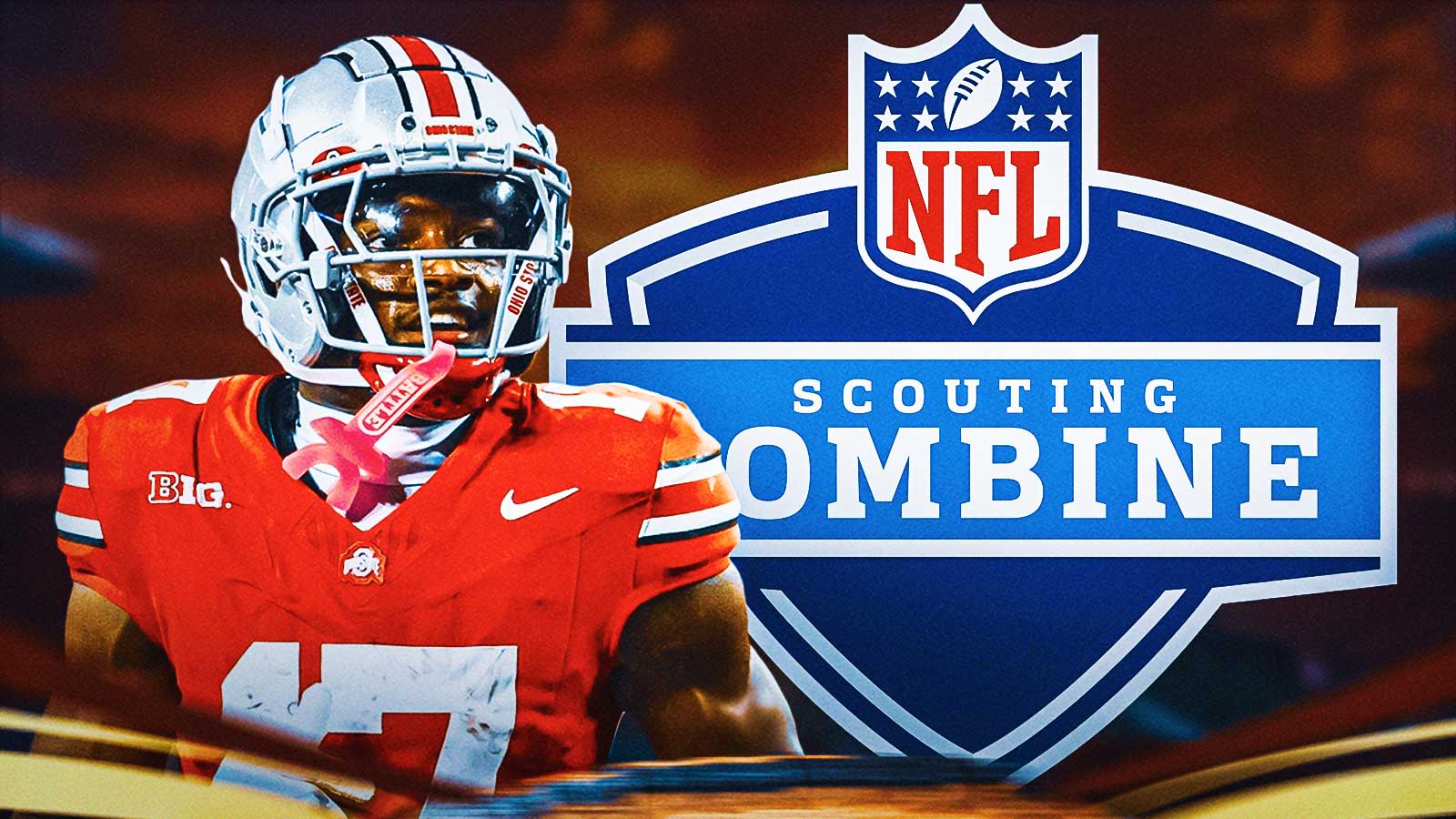Historic. Monumental. Incredible. Drastic. Crazy?
Whatever word you prefer in describing the money currently being dished out to those who man down the quarterback position in the NFL, it usually fits. It has reached that epic point in time.
In about three weeks, the final 2018 offseason story of Kirk Cousins will bring us to a point of no return and despite the number of suitors and actual percentage of the cap dished out to the newest highest-paid player in the land, only one team will have to ask themselves this extremely critical question: was it worth it?
The answer? No. Not even close.
The situation's been building momentum in recent years with the likes of average arms like Mike Glennon and Brock Osweiler receiving deals glaringly incorrect on first sight. It's now reached the emergency level with Jimmy Garoppolo's record-breaking deal that'll fetch him $137.5 million over five years with an NFL record-breaking average annual hit of $27.5 million
Details on Jimmy Garoppolo deal: pic.twitter.com/Lq0d1QBJwR
— Adam Schefter (@AdamSchefter) February 9, 2018
Naturally, it's front-loaded. Garoppolo will walk away with over $60 million after the first two years. This is a standard practice among salary-cap doctors. Front load the deal so overall risk is minimized down the road. It's such a common practice that the New York Jets have pushed the word out that they may be willing to offer up an incredible $60 million to Cousins over the first year.
In any event, Cousins will be signed. He will most likely become the richest man on an annual basis in history.
The reasons for why it's a grave mistake are many.
Just Look At History
The most common indicator of future action comes when breaking down and understanding history. In this case, “Which veteran free agent quarterbacks have actually led a team to a championship over the last couple decades?”
Trent Dilfer and Brad Johnson did it with their respective “hit 'em hard” defenses, but both weren't of the high-priced variety. Peyton Manning did it with the Denver Broncos and their historic defense under Wade Phillips. But the best example and most similar instance when compared to Cousins is Drew Brees and his situation in coming to the New Orleans Saints. Other than Brees and Manning, no champion in this column exists over the last two-plus decades.
Bring up Steve Young, Brett Favre and Kurt Warner, and I'll tell you that all three weren't of the high-priced variety and the first two came during a time in which there was no hard salary cap, the entire reason for this Cousins discussion. For those who blurt out the name Nick Foles, remember, this is about “high-priced” QBs who limit the spending around them. Foles made nearly nothing while leading his team in Super Bowl 52.
Since we're after high-priced free agent QBs who take up a considerable percentage of the organization's player payroll pie, Manning and Brees are the only two examples. It's tough to find championship examples that support signing Cousins.

Percentages, Not Total Numbers Matter
The worst mistake onlookers can make when attempting to gauge an NFL contract is when they look at the entire dollar number. Only guaranteed money matters in terms of the duration of the contract and only the percentage of the team's cap is important when discussing the annual hit.
In Garoppolo's case, a mind-numbing percentage of 22.35 is dedicated to his salary in 2018. This is the front-loaded, real number. If his entire deal was spread evenly, his $27.5 annual hit would come out to around 15.44 percent. This means to sign Kirk Cousins, that lucky team's cap will see around 17 percent go to the man. (Of course, due to the front-loaded nature of today's big deals, it'll most likely surpass Garoppolo's 22.35 percent in 2018.)
Let's judge this against some of the other top quarterbacks in the game. These numbers reflect the upcoming 2018 season:
- Jimmy Garoppolo, San Francisco 49ers: 22.35 percent
- Andrew Luck, Indianapolis Colts: 19.64 percent
- Matthew Stafford, Detroit Lions: 19.28 percent
- Derek Carr, Oakland Raiders: 14.87 percent
- Russell Wilson, Seattle Seahawks: 14.33 percent
- Philip Rivers, Los Angeles Chargers: 14.11 percent
- Joe Flacco, Baltimore Ravens: 14.11 percent
- Eli Manning, New York Giants: 13.80 percent
- Tom Brady, New England Patriots: 12.95 percent
- Ben Roethlisberger, Pittsburgh Steelers: 12.81 percent
- Cam Newton, Carolina Panthers: 12.73 percent
- Aaron Rodgers, Green Bay Packers: 12.45 percent
- Drew Brees, New Orleans Saints: 11.75 percent (2017 season number)
- Alex Smith, Kansas City Chiefs: 10.93 percent
- Jameis Winston, Tampa Bay Buccaneers: 6.62 percent
- Jared Goff, Los Angeles Rams: 5.57 percent
- Marcus Mariota, Tennessee Titans: 4.76 percent
- Nick Foles, Philadelphia Eagles: 3.90 percent
- Carson Wentz, Philadelphia Eagles: 3.74 percent
- Dak Prescott, Dallas Cowboys: 0.43 percent
How's it working out for the Detroit Lions and Indianapolis Colts? For a brief moment in time, prior to Andrew Luck's injury woes, the Colts fielded a successful team. His injury issues are one glaring reminder that dishing so much of the cap to that one guy provides no backup plans. Without Luck, there is no option No. 2 thanks to his cap demand.
The Seattle Seahawks were so much more dominant prior to Russell Wilson receiving his big money. How about the Baltmore Ravens? When Joe Flacco was still making average money, their team was nothing to mess with.
The response to this list is obvious: you still need a quarterback to win in the NFL, and this is true.
The rules have never been this so free-flowing for the dominant arm to succeed. And even though Tom Brady was accompanied by three teams who fought their way to Championship Sunday without franchise quarterbacks currently behind center, it's still the hardened case that a legit guy is needed.
But that guy doesn't need to take up nearly a quarter of the cap. If he does, he better damn well be worth every penny.
Yes, the NFL salary cap is rising every year. The number is currently $178 million this offseason, up three million dollars from last year. But the rate for which QBs are receiving cash over fist is inappropriately exceeding the cap. Just look at the percentages. And yes, when Drew Brees and other dominant QBs are eligible for a new deal, they'll join the ranks of the Jimmy Gs and the Cousins.
There's just one huge difference: the Bradys, Rodgers and Brees of the world are great enough to overcome the money deficiency around them (due to raking in a considerable percentage of the cap).
Kirk Cousins, on the other hand, isn't at that level.

The Ceiling has been Witnessed
Jimmy G's money is outrageous. But we've yet to witness Jimmy G's ceiling. We have no idea where the kid will be in a few years. He's still just 26, three years younger than Cousins. We've witnessed Cousins and understand who he is.
Kirk Cousins is a good NFL quarterback. He's perhaps the 10th best quarterback in the league. Maybe an argument can be made that he falls just short of the top five. The point is this: he's not going to improve anytime soon. We know what he is and he'll never reach that $30 million a year that'll be dished out.
Cousins led the Skins to a 9-7 record and a first-round playoff loss in 2015. He was still playing out his rookie deal making scraps.
He then was tagged by the organization twice, eating up $13.64 and $13.68 million of the Skins salary cap in each respective season (2016 and 2017). Washington finished a combined 15-16-1. If Washington couldn't build a legitimate team around Cousins when he ate up over 13 percent of the pie, why would another team be able to accomplish the same feat when he's over 30 percent of the pie? Of course, it's not impossible, but the question must be asked.
Final Thoughts
Despite the factors—money available, talent available, age, attributes, etc.—it always comes down to value.
Rolling with the punches while understanding quarterback money is out of control is an evil necessity in today's NFL. Front office execs have to give in.
But they should only give in if the situation is right.
Can Kirk Cousins play to the level of nearly 20 percent of a team's salary cap and make up the fact his supporting cast is earning less money than say Tom Brady's team is? (Speaking of Brady, there were years he allowed the Pats to put him down for $1 million a year for the express purpose of beefing up his supporting cast.)
Is he good enough? No.
One Pro Bowl at the age of 29 coupled with a few terrific stats and other columns that are just average or solid doesn't prove Kirk Cousins as an elite NFL quarterback. He's a good arm, a guy who has the brains to take advantage of matchups pre-snap and dink-and-dunk his way down the field. Whichever team signs him will have to find extreme value in other spots over the next few years.
Think about what's happened since the NFL altered draft money. Sam Bradford represented the last truly rich No. 1 overall pick. Since then, every draft selection is slotted with a much cheaper number. For instance, Carson Wentz takes home only 3.74 percent of the entire Eagles payroll. Philly not only has incredible value at the QB position with a budding superstar, they have the opportunity to build a much stronger team around him.
The team who signs Kirk Cousins can absolutely win games. It just feels like signing the man, based on history and crunching the numbers, is a playoff move rather than a championship move.
Kirk Cousins is not worth the unforeseen investment bound to come his way.





